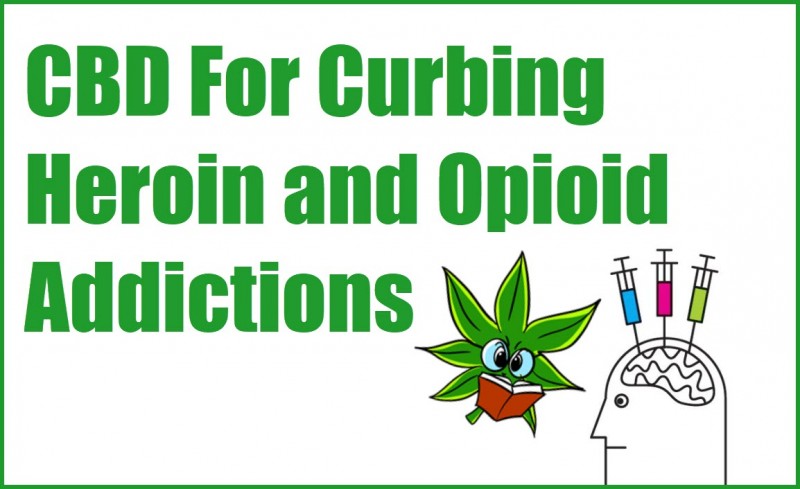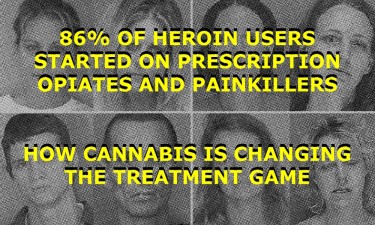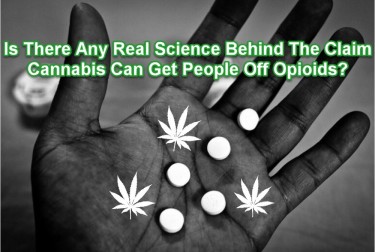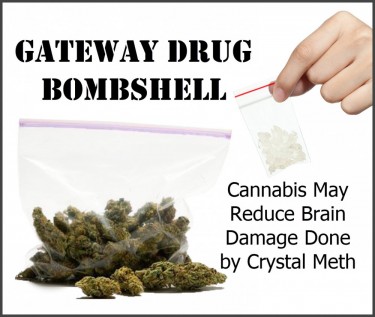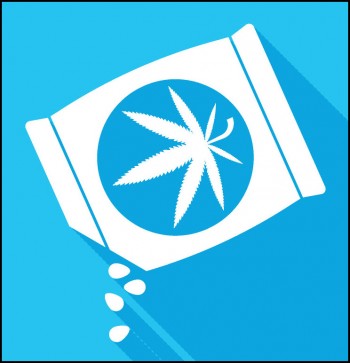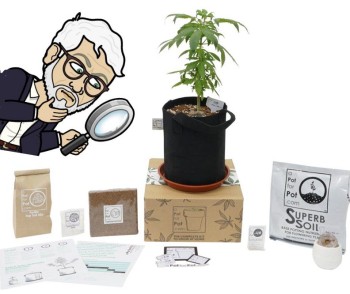CBD For Curbing Heroin and Opioid Addictions
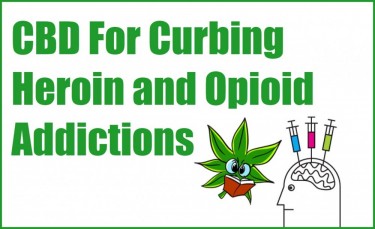
The addiction to heroin is real. This silent killer is affecting society, and it’s killing people by the thousands. It isn’t just the heroin that you buy on the streets – what’s worse is that doctors PRESCRIBE these drugs to patients, and it’s getting people hooked, causing thousands of deaths around the country.
The National Survey on Drug Use and Health estimates that 19.7 million adults in the United States have struggled through a substance use disorder back in 2017, and the number of young adults aged 18 to 25 who use heroin have doubled within the last decade. The data states that around 625,000 people aged 12 and up suffered from heroin use disorders in 2017, and considering that nearly a quarter of people who use heroin will eventually become addicted, it’s no secret that there is a real problem in our hands.
Now, a new study revealed that cannabidiol (CBD) could bring hope to those suffering from heroin use disorders, as well as their families.
A study conducted by researchers at the Mount Sinai Hospital in New York analyzed 42 individuals suffering from heroin use disorder. They were made to abstain from the drug during their time at the program, and it was discovered that those who were given CBD showed dramatic reductions in heroin cravings both in the long and short term.
The study, which was published in the American Journal of Psychiatry, involved giving patients either a placebo or CBD treatment, which was then followed by having the participants watch 3-minute videos that gave either “drug-related cues” or “neutral cues”. The drug-related cues featured syringes, powder packets that resembled heroin, and intravenous drug use. Meanwhile, those given CBD were administered with large doses: either 400 or 800mg, taken daily orally for 3 days straight.
When the participants watched the videos, the researchers analyzed opioid cravings and other markers such as anxiety, blood pressure, heart rate, blood oxygen levels, skin temperature, and respiratory rate. The researchers took these measurements three times during the video sessions which took place at different times. These included after CBD was given, 24 hours after, and a week after their last dose.
“The study team found that CBD, in contrast to placebo, significantly reduced both the craving and anxiety induced by drug cues compared with neutral cues in the acute term. CBD also showed significant protracted effects on these measures seven days after the final short-term exposure. In addition, CBD reduced the drug cue-induced physiological measures of heart rate and salivary cortisol levels. There were no significant effects on cognition, and there were no serious adverse events. The capacity of CBD to reduce craving and anxiety one week after the final administration mirrors the results of the original preclinical animal study, suggesting that the effects of CBD are long-lasting, even when the cannabinoid would not be expected to be present in the body,” reads the study.
“Our findings indicate that CBD holds significant promise for treating individuals with heroin use disorder,” said lead author Yasmin Hurd, who is also a director at the Addiction Institute in Mount Sinai.
Hurd and her team have been studying CBD’s effects on heroin for some time now, though their older studies used animal subjects. This is why she was keen on doing more research on the subject but this time on humans.
“To address the critical need for new treatment options for the millions of people and families who are being devastated by this epidemic, we initiated a study to assess the potential of a non-intoxicating cannabinoid on craving and anxiety in heroin-addicted individuals,” Hurd says. “A successful non-opioid medication would add significantly to the existing addiction medication toolbox to help reduce the growing death toll, enormous health care costs, and treatment limitations imposed by stringent government regulations amid this persistent opioid epidemic.”
“The specific effects of CBD on cue-induced drug craving and anxiety are particularly important in the development of addiction therapeutics because environmental cues are one of the strongest triggers for relapse and continued drug use,” she explains.
Dr. Hurd and her team will be working on two more follow-up studies; one involves understanding how CBD works in the brain while the other will be focused on developing CBD-based medications that may eventually become part of the medical tools used to treat those affected by the opioid epidemic.
CANNABIS FOR ADDICTIONS, READ THESE...
HEROIN ADDICTION AND MEDICAL MARIJUANA, CLICK HERE.
OR..
REAL SCIENCE WITH OPIOIDS AND MARIJUANA, CLICK HERE.
OR..
CANNABIS TO HELP RECUDE BRAIN DAMAGE DONE BY METH
